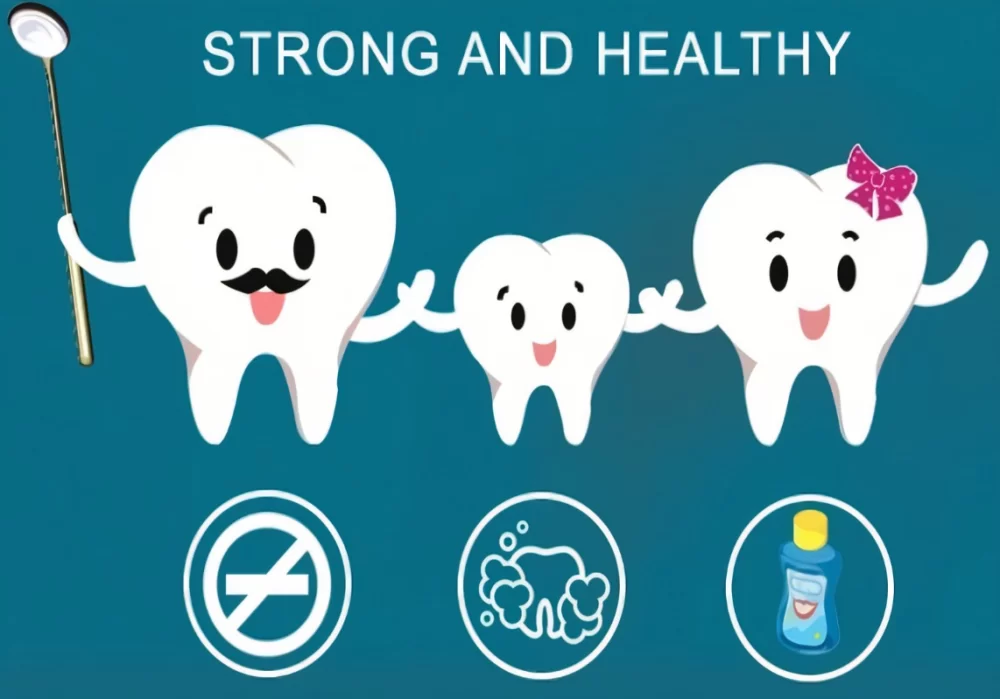
Understanding the Connection Between Oral Hygiene and Diabetes
Diabetes is a chronic condition that affects millions of people across the United States. One aspect often overlooked is the vital link between diabetes and oral hygiene. The importance of oral hygiene in diabetes cannot be overstated, as poor dental care can lead to severe complications for those living with this condition. Elevated blood sugar levels can contribute to increased risks of infections, including gum disease, which further complicates diabetes management.
Maintaining excellent oral hygiene is critical for people with diabetes to reduce the risk of periodontal disease, tooth decay, and other oral infections. This article delves into how diabetes impacts oral health and outlines effective strategies to maintain optimal dental care.
How Diabetes Affects Oral Health
1. Increased Risk of Gum Disease
People with diabetes are more susceptible to periodontal disease due to impaired blood flow and a weakened immune system. This condition causes inflammation and destruction of the gums and supporting bone structures, leading to tooth loss if untreated. Gum disease not only affects oral health but can also make blood sugar levels harder to control, creating a vicious cycle.
2. Delayed Healing and Infection
Diabetes slows the body’s ability to heal wounds, including those in the mouth. Minor injuries caused by brushing or dental procedures can become serious infections if not properly managed. Maintaining good oral hygiene minimizes the chances of developing such complications.
3. Dry Mouth and Increased Decay
High blood sugar can reduce saliva production, causing dry mouth. Saliva is essential in neutralizing acids and washing away food particles, so a dry mouth increases the risk of cavities and oral infections.
Best Oral Hygiene Practices for People with Diabetes
1. Regular Brushing and Flossing
Effective brushing at least twice a day with a soft-bristled toothbrush and fluoride toothpaste is essential. Flossing daily removes plaque and food debris between teeth, preventing gum disease.
2. Routine Dental Checkups
Frequent dental visits allow early detection of any oral problems and professional cleaning to reduce plaque buildup. People with diabetes should inform their dentist about their condition to tailor appropriate care plans.
3. Managing Blood Sugar Levels
Good blood sugar control is fundamental in preventing oral health complications. Stable glucose levels support immune function and promote healthier gums.
Real-Life Case: Managing Oral Hygiene with Diabetes
Consider the story of Mike, a 50-year-old man diagnosed with type 2 diabetes. Initially, Mike neglected his oral health, leading to gum bleeding and sensitivity. After working closely with his dentist and adopting strict oral hygiene habits, including daily flossing and regular checkups, Mike significantly improved his gum health. This proactive approach also helped him better manage his blood sugar levels, illustrating the critical importance of oral hygiene in diabetes care.
Additional Tips to Support Oral Health in Diabetes
1. Use Antibacterial Mouthwash
An antibacterial mouthwash can reduce oral bacteria and inflammation, lowering the risk of gum disease.
2. Avoid Tobacco and Limit Sugary Foods
Smoking and sugary diets exacerbate gum disease and complicate diabetes management. Quitting smoking and following a balanced diet are key preventive measures.
3. Stay Hydrated
Drinking plenty of water helps combat dry mouth and supports saliva production.
Professional Resources and Recommendations
For those seeking expert advice or specialized oral care products designed for diabetes patients, visiting Dentistry Toothtruth offers access to trusted recommendations and tailored solutions that support gum health and diabetes management effectively.







 MINT dentistry | Joliet0.0 (0 review)
MINT dentistry | Joliet0.0 (0 review) Dr. Mahtab Azimi, DDS1.0 (1 review)
Dr. Mahtab Azimi, DDS1.0 (1 review) Lakebrink-Mitts Dental - Dr. Thomas G. Lakebrink, Dr. D. Alexander Mitts, Dr. Ise d'Angelo, Dr. Nika d'Angelo5.0 (1390 review)
Lakebrink-Mitts Dental - Dr. Thomas G. Lakebrink, Dr. D. Alexander Mitts, Dr. Ise d'Angelo, Dr. Nika d'Angelo5.0 (1390 review) Whitman Dental Center4.0 (1018 review)
Whitman Dental Center4.0 (1018 review) Seung H. Baek, DDS, Inc.4.0 (19 review)
Seung H. Baek, DDS, Inc.4.0 (19 review) The Downtown Dentist5.0 (6 review)
The Downtown Dentist5.0 (6 review) The Importance of Oral Health Education During Pregnancy for a Healthy Pregnancy
The Importance of Oral Health Education During Pregnancy for a Healthy Pregnancy Best Tips for Brushing Your Teeth Properly for Healthy Gums: Essential Techniques for Oral Health
Best Tips for Brushing Your Teeth Properly for Healthy Gums: Essential Techniques for Oral Health Why Skipping Dental Checkups Can Lead to Bigger Oral Health Problems
Why Skipping Dental Checkups Can Lead to Bigger Oral Health Problems Advantages of Porcelain Dental Restorations
Advantages of Porcelain Dental Restorations How Can Diabetes Cause Tooth and Gum Problems? Preventing and Managing Oral Health Issues
How Can Diabetes Cause Tooth and Gum Problems? Preventing and Managing Oral Health Issues Healthy Habits for Promoting Good Oral Health and Hygiene: Tips for a Healthy Smile
Healthy Habits for Promoting Good Oral Health and Hygiene: Tips for a Healthy Smile